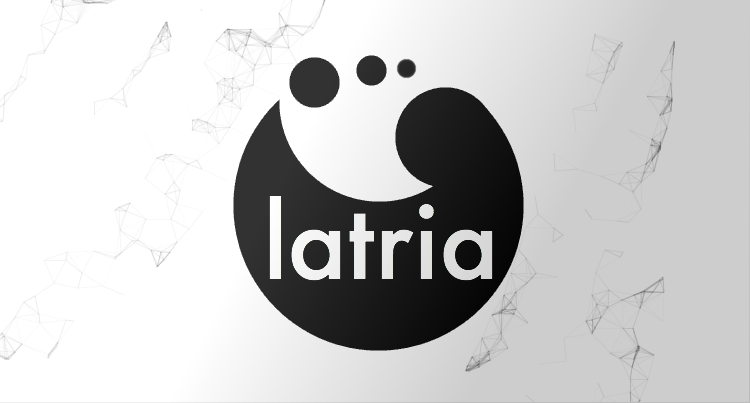latria
.A compact, cross platform, embeddable language with an emphasis on multi-language communication and lightweight scripting
Get Latria for your Platform
mac linux windows* mac, linux and windows binaries are not guaranteed to work for your specific version or system. If this occurs you will need to compile latria from source. Specifically Mac is compiled for macOS Sierra (10.12.5), Linux is compiled for Ubuntu 16.04 and Windows is compiled for Windows 10.
* all builds are 64 bit
•

